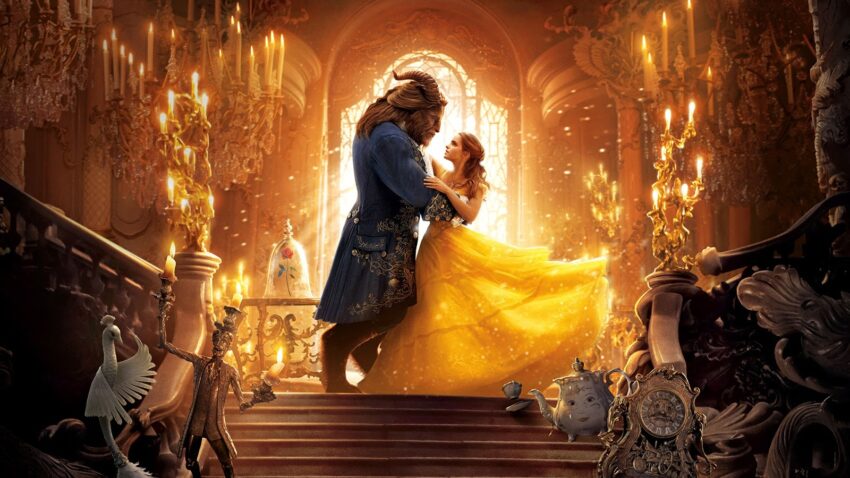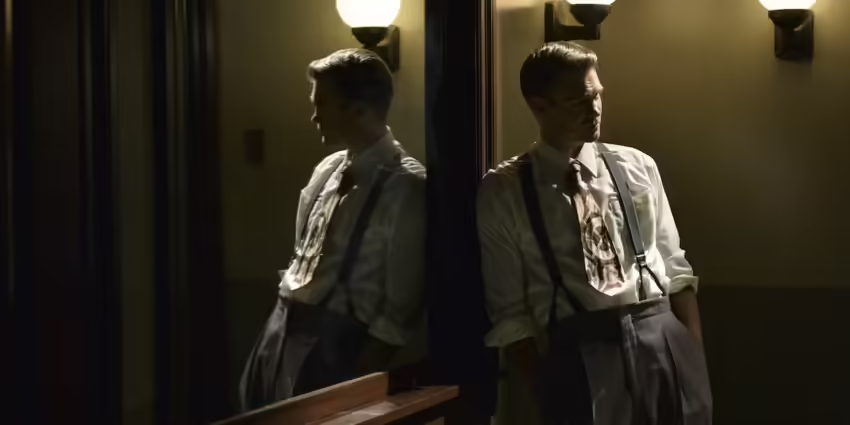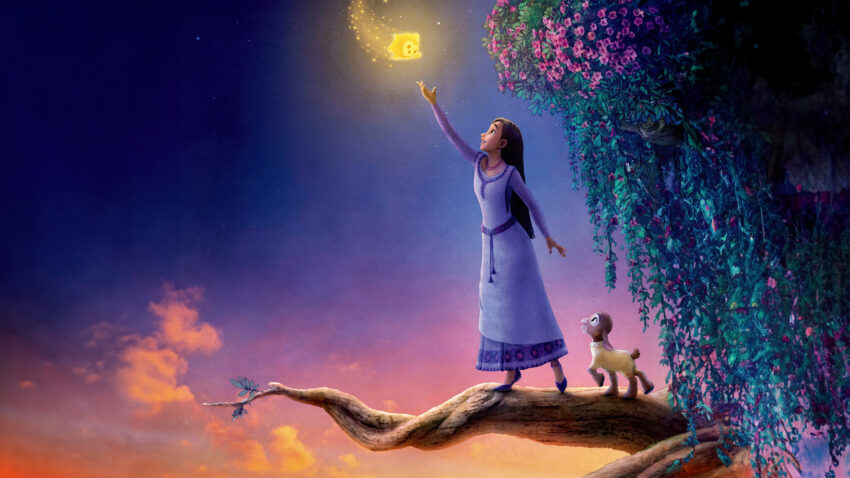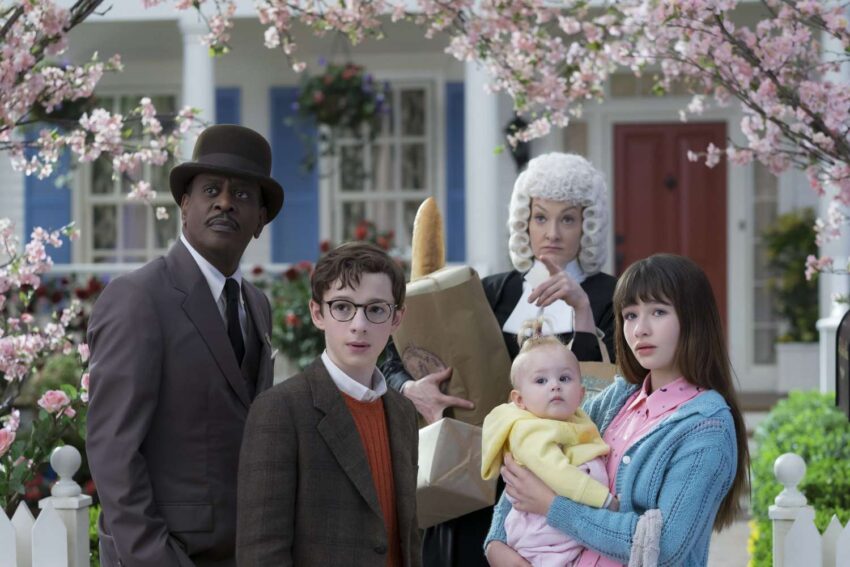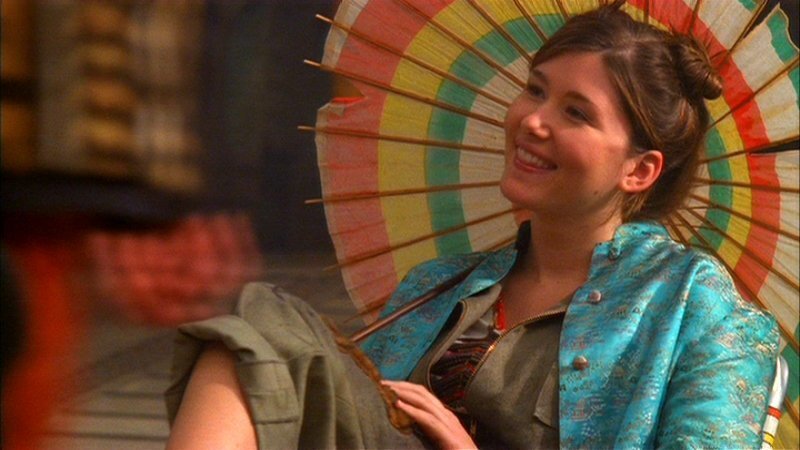Earlier this month we looked at circular storytelling, and how it elevates simple stories far above their predictable plots to create memorable tales that stick with readers and viewers. Disney utilized this technique especially throughout the Disney Renaissance, a series of highly successful animated movies that quickly became well-loved classics. From The Little Mermaid to…
Author: Mara Scudder
The Lion King: The Power of Circular Storytelling
Simple stories can come across as a little boring, especially to the writer. I mean, who wants to write just a simple, straightforward story with a few characters that fill very distinct, straight-forward roles? There is less opportunity for plot holes and complications, to be sure, but in a world full of stories with mind-bending…
Jack Thompson: How To Write a Character Who Discriminates
Last week we looked at Agent Carter, and how that show absolutely nailed dealing with a character who faces discrimination. But that’s only one side of the coin. Necessarily, a character who faces discrimination must be discriminated against by someone, right? And writing characters who discriminate can be hard. Too many writers fall into the…
Peggy Carter: How To Write a Character Who Faces Discrimination
There’s been a lot of storytelling about characters who face discrimination lately. Some of this is a good thing. In a lot of ways, it shows a culture that is willing to recognize humanity’s capacity for evil, and the often needless and violent reactions that come when different kinds of people end up “othered.” Good…
Writing Workshop: How to Find Your Character’s Flaw
In my last two workshops, we’ve created a vibrant, fleshed-out character, and Sophia has shown you how to create an intriguing premise for the story your character is meant to explore. However, every protagonist still needs a flaw. No one wants to read about a Mary Sue who has no problems, no internal conflict, and…
Wish: How Theme and Climax Work Together
Some climaxes have purpose, meaning and drive. We know exactly why each event must take place, and the shocking plot twists the writer throws in serve to heighten the tension. Whether action-adventure, fantasy, or slice-of-life, well-written climaxes provide purpose and meaning behind each event, even as we race through the final chapters of the story….
The Tales of Ba Sing Se: How to Write a Filler
Okay, so you’re just about to write your climax. Or your writing the lead up to your shocking plot twist. Or you’re just pages away from the moment that your protagonist’s world will crash around him. But you can’t quite get there yet. It’s too soon after the last plot point, or you feel as…
Happy Birthday, Story Fortress!!
Can you believe it’s already been ONE YEAR since we launched the blog? Neither of us can quite believe it, and we’re celebrating Story Fortress’s very first birthday all because of you guys! Your comments, encouragements, and emails have meant SO MUCH over the last year, and we’re so very grateful. This blog is really…
A Series of Unfortunate Events: Balancing Complexity in a Mystery
As Sophia pointed out in last week’s article, a little complexity goes a long way, especially as far as characters and relationships go. But how does complexity apply to plot? Plenty of mysteries feature confusing plots and connections, or, worse, complexity that is completely unnecessary. How can we balance complexity without making it overdone? How…
Firefly: The Ultimate Formula for Character Introductions
As Sophia pointed out a few months ago, first impressions are a big deal — especially for readers. Readers categorize characters by their first few lines, often causing a reader to immediately decide whether they like a character, relate to them, or resent them. And that impression can last for the rest of your work. …

